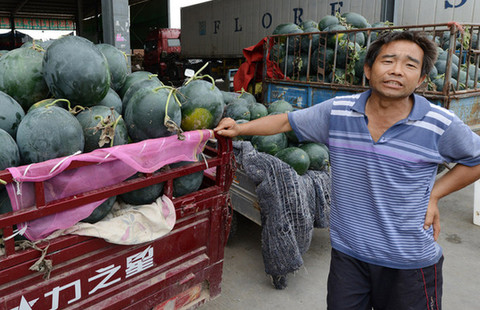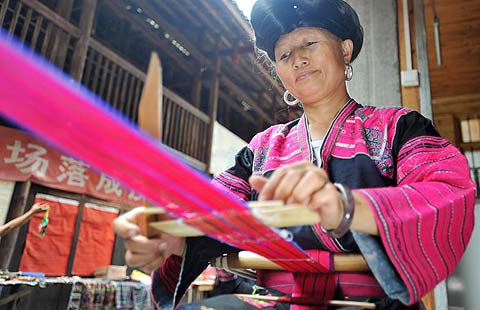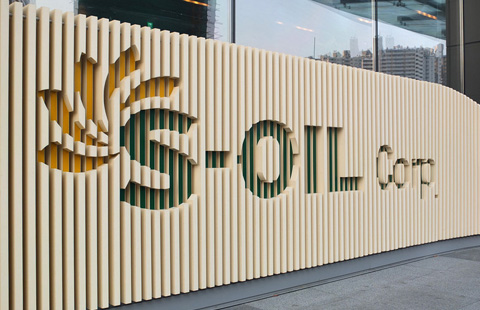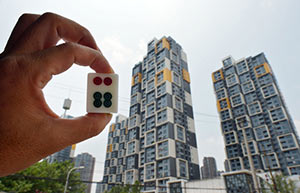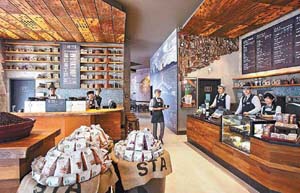Ganzhou expects to quadruple GDP by 2020
By Yang Cheng, Yang Ziman and Meng Jun (chinadaily.com.cn) Updated: 2014-07-04 16:40Ganzhou in East China's Jiangxi province expects to quadruple its GDP to 700 billion yuan ($112.8 billion) by 2020, its mayor said.
"The city's economy has been significantly boosted by the central government's preferential policies announced in June 2012 to vitalize the revolutionary base's development," said Leng Xinsheng, Gangzhou mayor.
The city's GDP reached 167.3 billion yuan last year, up 10.5 percent year-on-year. It is expected to reach 78 billion yuan in the first half of this year, up 9.5 percent year-on-year, Leng said.
Another wave of economic boom is underway, he added.
The central and provincial governments injected a combined capital of 26.1 billion yuan in 2012 and 32.2 billion yuan in 2013.
The central government has also approved two national-level economic development zones there.
"Economic development in Ganzhou used to lag behind that of the rest of the country, but the financial support in the past two years has reinvigorated the revolutionary base's economy and benefited local citizens," Leng said.
Ganzhou is known as China's "capital for the Red Revolution", according to the mayor.
It was the central site of the temporary government set up by the Communist Party of China and the main battle area between the CPC and the Kuomintang in the 1930s.
The Red Army started its 25,000 km long march in Yudu and Ruijing, two counties in Ganzhou.
During the revolutionary period, 330,000 of the city's 2.4 million population joined the Red Army and more than 600,000 people supported the campaign.
Martyrs in Ganzhou accounted for 43.8 percent of the province's total and 7.5 percent of the country's total.
The mayor said development in Ganzhou was sluggish in following years, but he believes the preferential policies will pave the way for the city to excel.
The city covers 39,400 sq km, with a population of 9.29 million, both the largest of its kind in the province.
The mayor said he is aware of the need to implement new investment projects "steadily and solidly".
The city's major challenges are to drive its economic growth rapidly and help local families out of poverty, he said.
|
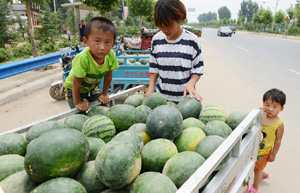 |
 |
| Harvest brings little joy to melon farmers | Weaving profits, tradition with hand-made dresses |
- China to close over 2,000 coal mines by 2015
- Jiangxi plans investment promotion in Hong Kong
- Li urges building Yangtze River economic belt
- New economic belt hailed as China seeks balanced growth
- Jiangxi sets 10% GDP growth goal for 2014
- Chinese construction firm makes impact in northern Ghana
- Jiangxi opens private rail line
- S.Korean firms boom in China
- Ganzhou expects to quadruple GDP by 2020
- Alibaba's Jack Ma buys stake in dairy giant
- Analysts say Sino-Swiss free trade deal to foster trade ties
- Yuan deposits makes up 20% of foreign currency deposits in S.Korea
- Asia, not US, driving global growth
- Harvest brings little joy to melon farmers
- Economic recovery remains on course
